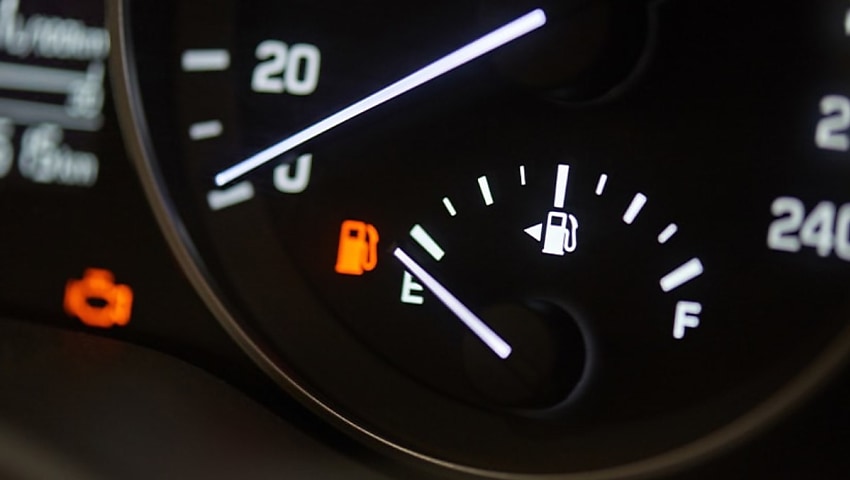Over-reliance on imported fuel stocks would leave the economy and Defence vulnerable to supply shocks, findings show.
In June, Defence Connect published an analysis on the effect of energy security on national resilience, examining the impact of skyrocketing energy prices on the cost of businesses in Europe.
At the time of writing, producer prices in Germany had increased by 33.6 percent (between May 2021 and 2022), with energy being a leading driver of price growth at 87.1 per cent.
Since then, the war in Ukraine has continued to rock Europe’s energy market.
Not only do such stark figures illustrate a marked increase in the price of civilian output, but also herald a substantial increase in the costs of military maintenance, innovation and industrial capability.
Australia, too, faces similar energy risks, with the nation reliant on oil imports to maintain the nation’s civilian and military fuel requirements.
Writing for the Australian Defence Force Journal, Major Keyurkumar Patel detailed the risks of the nations’ reliance on the international oil market and necessary steps to mitigate this risk.
“Between 2003 and 2015, Australia suffered a 50 per cent reduction in its domestic crude oil refining capacity, largely because of the closure of refineries,” MAJ Patel wrote.
“Compounding this situation is that Australia has limited oil reserves and has become nearly entirely reliant on imported oil for its aviation fuel, marine diesel, gasoline and motor diesel.
“This over-dependence on imports, and the fact that Australia obtains fuel for its military functions from a sole supplier (Caltex), potentially puts ADF operations at risk.”
Such over-reliance on overseas imports not only leaves Australia vulnerable to supply chain shocks in the event of conventional warfare, but also leaves Defence at risk of ballooning energy prices.
Currently, Australia sources a majority of its refined oil from Singapore. According to the author, while this is unlikely that this would be disrupted, Singapore itself relies “entirely” on imported crude oil. This leaves not only Australia’s economy vulnerable to oil price fluctuations but will also eat into the Defence budget.
“This situation puts the country in a risky position should there be significant fluctuations in international oil prices,” he explained.
“The ADF, which uses several thousand tonnes of fuel every day, would obviously be affected by continuing high prices, impacting its ability to conduct military operations.”
While the over-reliance on imported fuel has exposed Defence to financial fluctuations, attacks on supply lines in the event of conflict would likewise undermine Australia’s ability to execute warfare.
Unsurprisingly, there is substantial evidence of actors targeting energy in wartime.
“There have been a number of instances in recent history of fuel tankers being targeted in warfare and by terrorists or criminals,” he continued.
“During the Iran-Iraq war between 1980 and 1988, for example, both sides attacked the shipping of the other, including using Exocet missiles against tankers, in what became known as the ‘tanker war’.”
However, developing a coherent policy to address these challenges is not simple. According to the author, while the Commonwealth may be able to entice local companies to expand their refining and storage capacity, it will face an uphill battle forcing companies to expand these capabilities at a substantial financial loss.
As such, MAJ Patel recommends exploring the option of storing fuel at decommissioned refineries. In concert with the new storage that has been bought online over recent years, this will “substantially” increase the nation’s stock.
Further, Australia must continue investing in alternative fuels which would enable Defence to diversify its fuel sources.
Get involved with the discussion and let us know your thoughts on Australia’s future role and position in the Indo-Pacific region and what you would like to see from Australia's political leaders in terms of partisan and bipartisan agenda setting in the comments section below, or get in touch with


